If you look at our other articles, you’ll find information about biological age, helping to explain that we all actually in fact have two ages:
Chronological age, which refers the exact number of years that you have been alive. Versus biological age that allows you to see a true reflection of how your cells are actually ageing and how they have been affected by your diet, exercise, lifestyle and environment.
Muhdo’s science and bioinformatics team led by Dr Tanya Petrossian our Head of Epigenetics and clinical lead has identified the genes – as well as the specific biomarkers which sit upon them – that correlate to cellular ageing.
This allows you to see a true representation of how your diet, lifestyle and environment has been affecting you at a cellular and genetic level, as well as the current status of your internal health.
You should never judge a book by its cover, and the same can also be true when it comes to judging your health from an external point of view.
While external characteristics can sometimes give us an insight into our internal health, in many instances we can simply misinterpret external factors such as bigger muscles, faster running times or eating a certain type of diet as they do not actually actuate to being healthier.
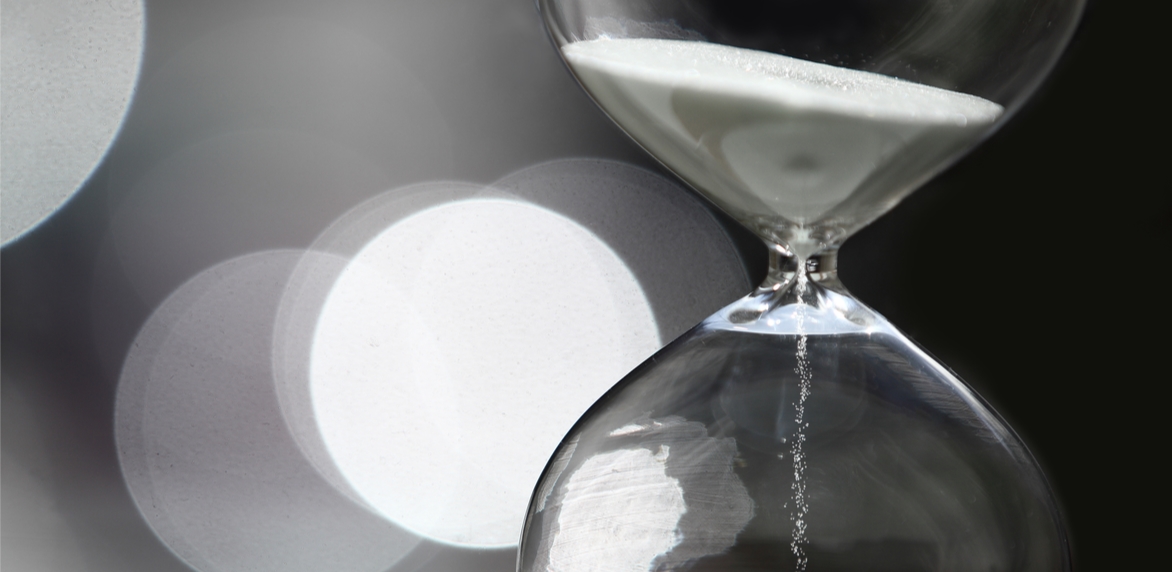
And how do you think your lifestyle is affecting your internal health?
These questions until now have been somewhat of a mystery and you would be guessing with rudimentary answers at best?
Biological ageing is an extremely complex issue to get your head around.
And with the interest in anti-ageing seemingly growing an exponential rate, it has become more in our focus.
Firstly, I think we need to explain biological ageing in a bit more detail.
Then I will go through my own personal results, and then explain as to why perhaps I have a specific outcome. And then what lifestyle changes can I look to introduce to my day to day life which can hopefully improve my biological age further still.
Biological ageing has a massive effect on the proteins within your body functioning correctly.
When proteins lose their ability to work correctly, they cannot carry out the necessary tasks within your body – for instance, memory, eye sight, hearing, ability to properly digest foods/nutrients as well as fight disease such as cancer, etc.
It will also cause a lack of energy production in the body, loss of circadian rhythm and new cell regeneration, increase inflammation, as well as a host of other factors.
It’s fascinating to be part of scientific breakthroughs when they happen, which is exactly the case for the Muhdo team this year.
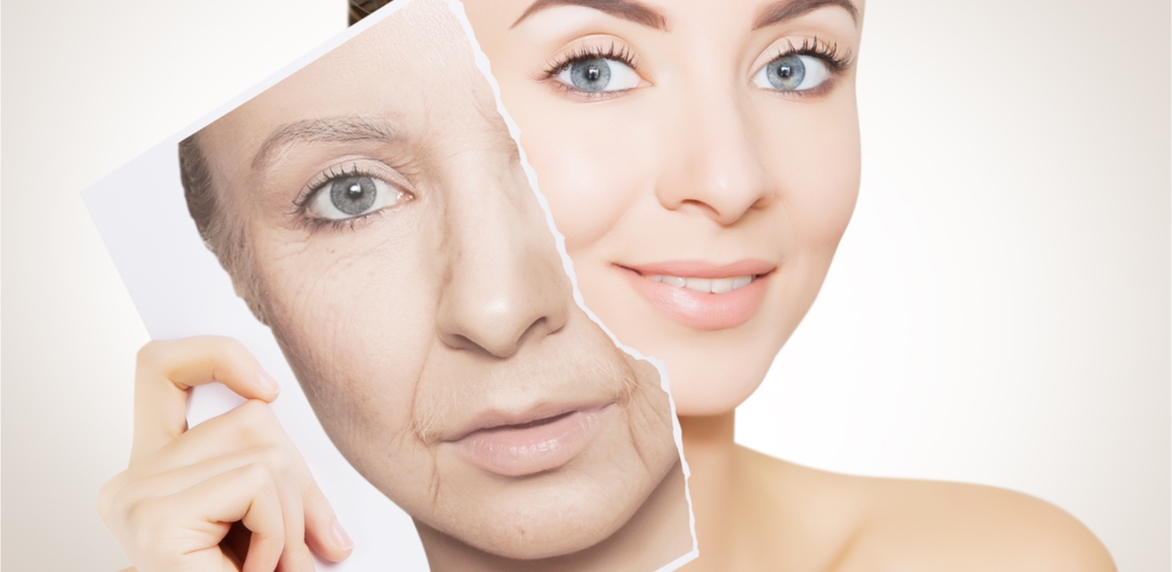
Trying to improve your Biological age will obviously have huge benefits on your health and wellbeing.
As we age our capacity to cope with lifestyle, environmental and physiological challenges diminish. In addition, important assets such as hearing, sight, memory and mobility also deteriorate as we age.
A variety of factors can contribute towards us ageing at an accelerated rate, such as, nutritional deficiencies, stress, poor sleep and the pollution levels in our towns and cities.
Ageing is not a simple process to understand, it is like a jigsaw puzzle where analysing just a few pieces will not provide you with the complete picture.
There are various aspects that contribute towards ageing, from the genetic cards you have been dealt from your parents to the lifestyle that you choose.
No one wants to become ill at any stage in life and, unfortunately, with the gap between life expectancy and health expectancy seemingly being pushed further apart each year, understanding your biological age will become the new currency of health.
There have been a variety of studies conducted over the last decade specifically looking at ways to improve longevity and biological health.
Outlined below are a few of the main areas, which, if incorporated into your day to day life, could help improve the genetic markers that we have identified to calculate your biological age and that are key to your health and wellbeing.
• Vitamin D
• Calorie restriction
• Lowering metabolic rate (meditation)
• Increase antioxidant levels
• Physical activity

Vitamin D has many positive anti-ageing health benefits as it is a key regulator for around 900 genes, or 1/24 of your entire genome.
It is responsible for keeping your nerves healthy and cells functioning correctly throughout the body, especially the brain.
This is paramount for various enzymes within the brain that have a major role to play with different neurotransmitters.
The anti-ageing properties come from the fact that vitamin D helps slow down the death of cells and improve the length of telomeres, which act as protective caps at the end of your chromosomes, reducing the risk of damage to your DNA.
Various studies have shown a clear correlation between calorie restriction and improvements to the life span of a variety of species including rats, fish, yeast and worms.
While the pathways through which this occurs is still unclear, calorie restriction and eating less will reduce your metabolic rate/metabolism, free radicals and oxidative stress (damage caused to cells by chemically reactive molecules containing oxygen). This will accelerate ageing and cause damage to your DNA.
In many ways reducing your metabolic rate ties into a reduction of food and calories that you are consuming, but it can also be achieved by incorporating yoga or meditation style exercises to help slow the metabolism, heart rate and breathing, which will help to reduce oxygen intake and body temperature.
External temperatures can also be stronger triggers to either increase or reduce metabolism, for instance saunas and increasing your body temperature over an extended period of time will reduce your metabolic rate.
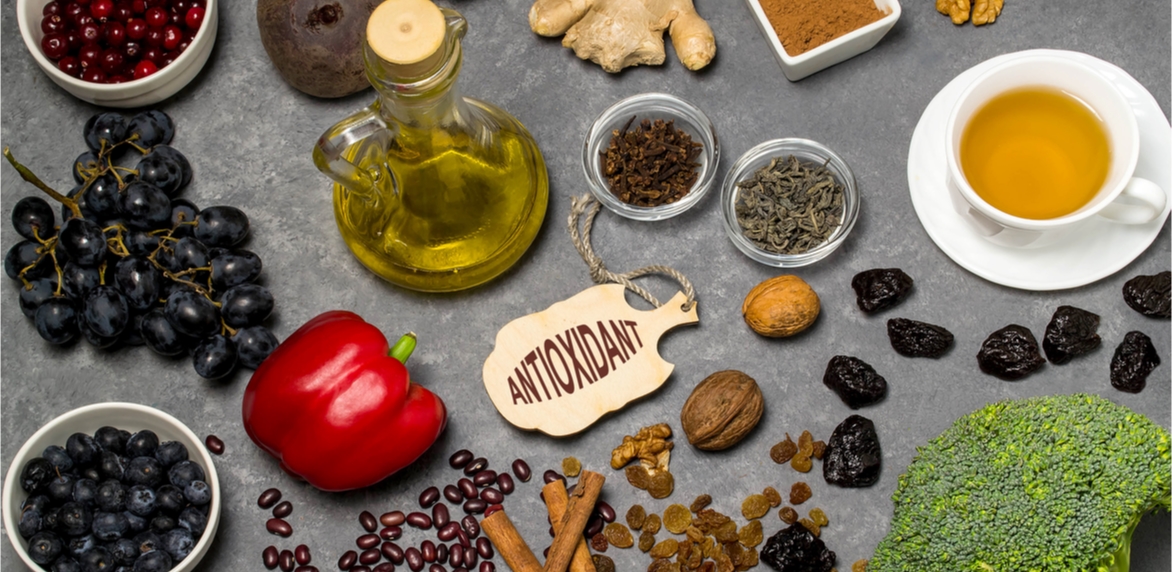
Oxidative stress leads to ageing and underlies all disease processes, including cardiovascular disease, dementia and diabetes and plays a role in the development of cancer.
Luckily your body produces antioxidant enzymes, which will remove these reactive oxygen species (ROS) from significantly damaging your cells.
Genetically, some people do not produce sufficient levels of these antioxidant enzymes and are at risk of increased oxidative damage, which then asks the question: how you can improve your antioxidant status?
It is possible that physical activity may well be the most important aspect when it comes to reversing or slowing the epigenetic ageing clock. Current research shows that those who are more active actually show superior age-related markers across the board.
This does not mean that regimented exercise plans need to be implemented to gain the positive effect, although doing so would work (you could try a plan generated by the Muhdo app). In general, just doing the simple things like walking up the stairs, going cycling or walking in the park will all benefit the ageing process.
Another aspect that is gaining notoriety in the “Anti-Ageing” community is that of “Mammalian Target of Rapamycin Complex 1” or mTOR to give its simplistic abbreviation.
mTOR acts very much as the “On” switch for energy production, protein synthesis and for gaining muscle, but is also associated with cancer growth, auto immune disease, depression, diabetes and ageing.
Light exercise such as going for a walk or swimming can provide us with active mTOR levels within the brain and muscles where it is more beneficial from a health and longevity standpoint and not within the fat and liver cells, which is more detrimental to the ageing process.
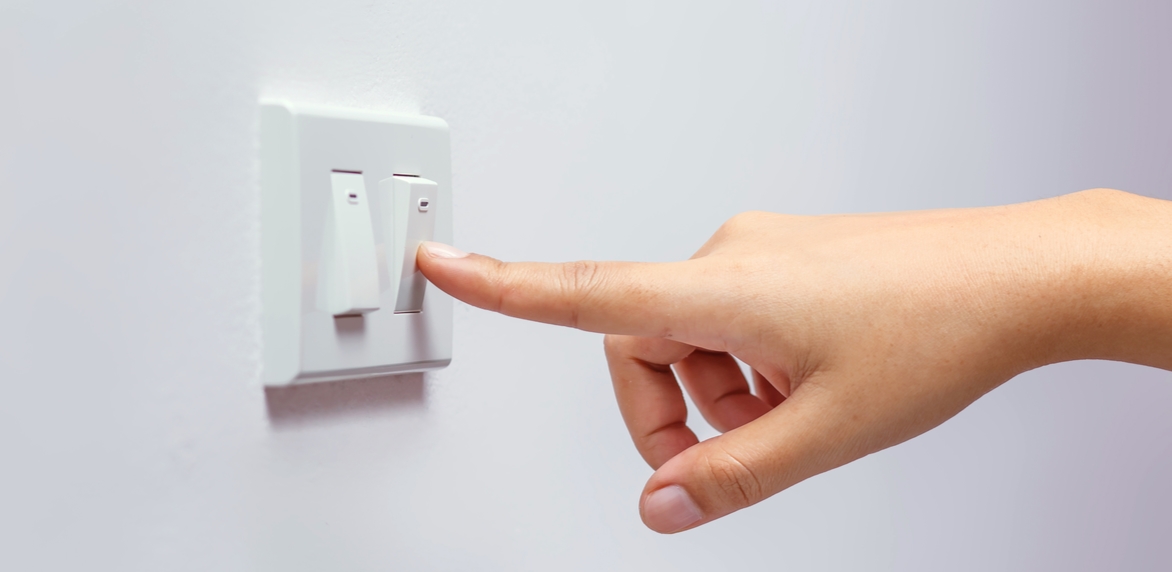
So, all of that taken into consideration what areas do I feel contribute towards me being 5 years biologically younger that my 41 chronological years suggest.
Well for the best part of 20 years I have been lucky enough to have been within walking distance to work.
Don’t get me wrong, this hasn’t always been the case, and for the last 3 years I seem to be in a car, train or plane a lot more than usual.
But when I look at people within my age group that have unfortunately had to drive to work, they don’t always seem to be as healthy.
On the face of it walking to work each day doesn’t sound that much but when you actually sit down and calculate the benefits, not only in miles covered but also the physiological effects that walking provides the health benefits are tremendous.
As mentioned previously above active mTOR levels within the brain and muscles have a fantastic anti-ageing affect, and that’s exactly what walking offers.
If we look at my day to day diet which has changed and gone through a bit of a transformation of late.
I’m no longer prepping, weighing and boring everyone to death about getting my 6-8 meals in each day.
I now eat 2 meals each day with 1 shake with a 14-16 hour fast overnight.
The shake consists of protein and fats and extremely high in antioxidants such as cinnamon, fennel and turmeric.
It also has all the key ingredients to increase the amount of glutathione that I produce as well as enhancing my “Primary antioxidant genes”.
These genes are far more effective in reducing the effects and neutralising free radicals than exogenous (produced outside the body) anti-oxidants, such as dietary vitamins C and E, carotenoids and polyphenols derived from plant foods.
The reason for the powerful effect of the primary anti-oxidants is that they are enzymes, which are proteins that promote a chemical process but don’t get consumed in the process.
Amazingly, our antioxidants genes/enzymes can neutralise millions of free radicals per minute and will continue to over the coming days until the enzyme is broken down within the cell and is replaced.
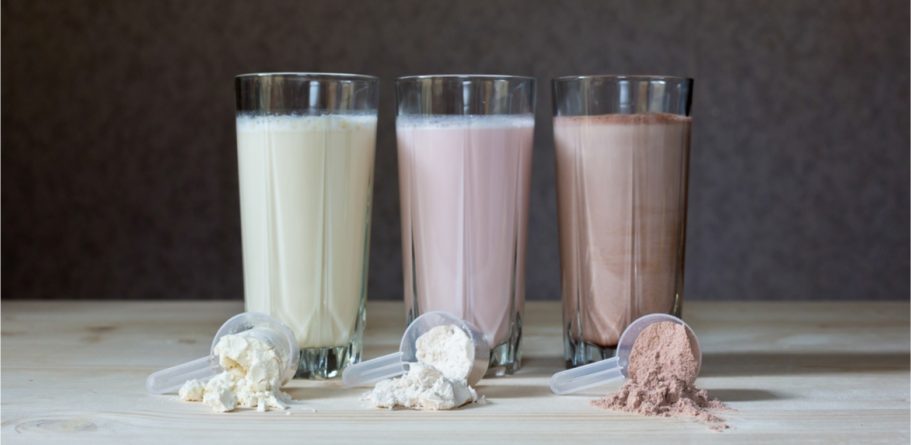
The next area that could possibly equate to helping me become “Benjamin Button” is that I have always exercised.
Not as much as I used to by any means, but I still manage to get to the gym at least twice per week.
Exercise increases the expression of BDNF (brain derived neurotrophic factor), which will improve your cognitive health/performance and memory as well as help alleviate anxiety and the physical symptoms of stress.
Aerobic exercise such as cycling, running and swimming are among the best types but more specifically HIIT (high intensity interval training) has shown to induce the greatest amounts of BDNF.
BDNF is fundamentally important for your brain cells to remain healthy. Low levels are linked to poor memory, depression and possibly Alzheimer’s and Dementia.

And last but by no means least the area and one I feel has had a significant effect on my biological age and overall health is Sleep.
If we ever needed someone to compete at the “Sleep Olympics” then I’m pretty sure that I could make the podium.
Sleep is known to have multiple health benefits that will allow the body to be in an anabolic state which repairs bone, skin, and muscles and is essential for the correct functioning of the immune system.
With both acute and chronic sleep loss causing a whole array of health problems:
Acute sleep loss:
a. Cognitive decline
b. Anxiety
c. Memory loss
d. Trouble with focusing
e. Tremors
Chronic sleep loss:
a. Cognitive decline is increased
b. Anxiety is heightened
c. Memory loss, focus and general mood decline the longer sleep is forsaken.
d. Physical fatigue
e. Weakened immunity leading to more infections and illness
f. An increased risk of cardiovascular disease
g. Increased fat storage & increased type 2 diabetes risk
h. Decreased testosterone levels
Sleep deprivation has an immediate effect with an increase in cortisol levels and a decrease in HGH (Human Growth Hormone) production. HGH is an extremely powerful hormone that our bodies generate during the first part of our sleep cycle. It helps you to recover and produce more lean muscle, as well as being muscle sparing as it helps to protect the muscle that you already have.
HGH also helps to increase energy levels and is known as the “Fountain of Youth” as you have naturally higher levels of it during childhood.

Plenty of exercise and walking each day will do wonders for your health but only if you are getting adequate rest and time to recover.
We also need to be mindful at not only the amount of food we are consuming but the quality as well.
As nutrient dense foods are seemingly harder to find these days and with the amount of rubbish being sold in our supermarkets it can seem like a never-ending task trying to find healthy foods to eat each day.